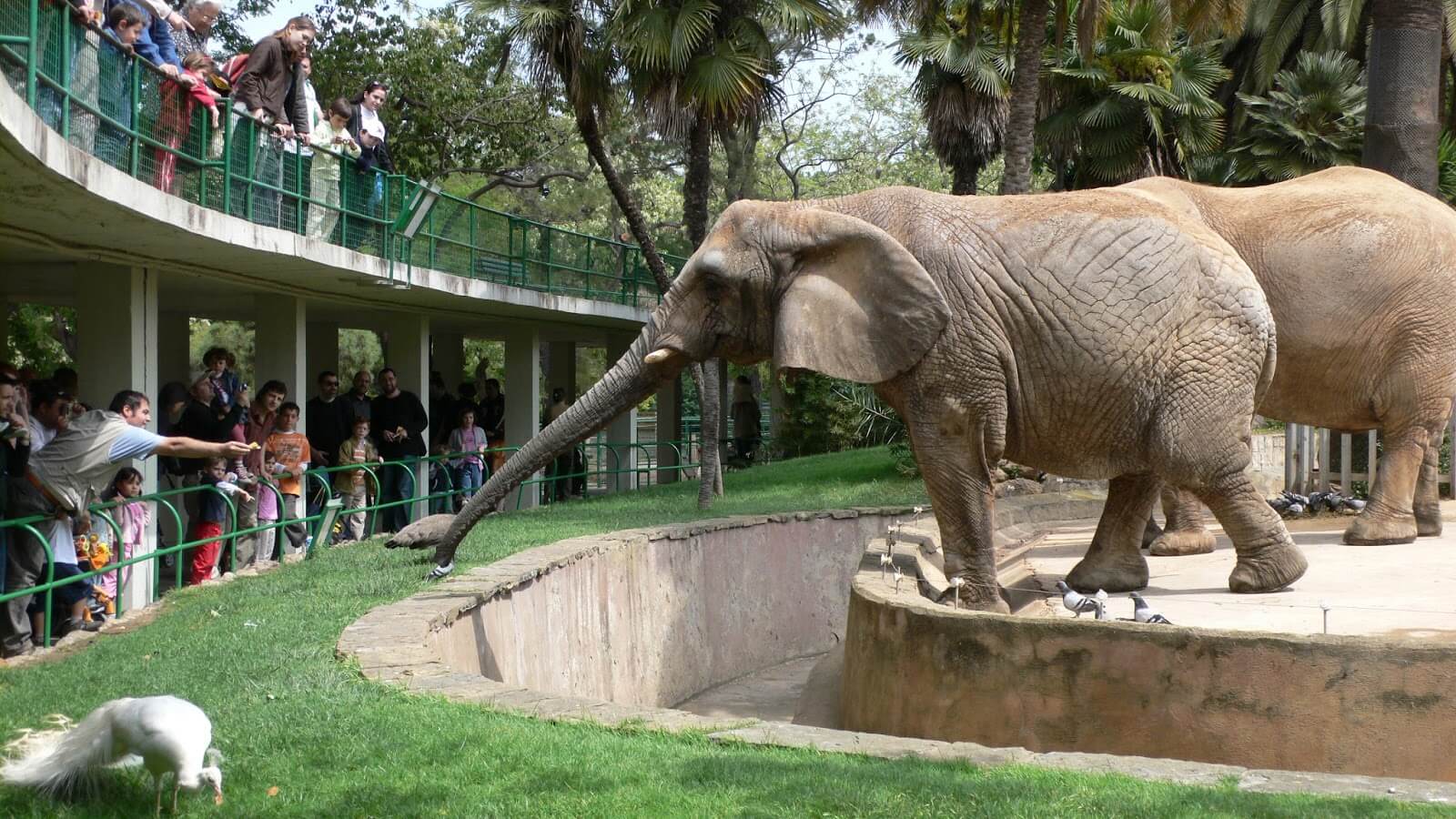Summer vacation means different things to different people, but one of the most common tourist activities of the season is a trip to the zoo. From time immemorial, human beings have been fascinated by exotic animals. Some want to see the ferocious creatures face-to-face, perhaps to allay their fears. Others want a taste of strange and distant places to which they can only dream of visiting.
Since time immemorial, there have been menageries of animals. It is therefore not surprising to discover that, according to Jewish law, there is a proper way to show appreciation for the species a person beholds at the zoo.
The Talmud in Brachot 58b states that an individual who sees beautiful creatures or beautiful trees should say. “Blessed is He Who has such things in His world” (Baruch Atah Ah’doh’nai she’kacho lo b’olomo).* A person might wonder what an individual should do at a zoo where, generally speaking, a person is delighted by many such beautiful animals. The commonly accepted practice is that upon seeing the first impressive animal (a subjective decision), a person should make this blessing while intending that the blessing apply to all the other beautiful creatures an individual will see.
It is fascinating to note that the sages specified three types of animals over which a person should say a variant blessing, “Blessed is He Who makes strange creatures (Baruch Atah Ah’doh’nai meshane ba’briyot).* Two of these creatures also happen draw the biggest crowds – elephants and monkeys. (The identification of the third species, kifof, has been lost to tradition.) No specific reason is listed in the Talmud for singling out these creatures, but it is fascinating to contemplate whether it is because of the heightened intelligence attributed to these specific animals.
Visiting the zoo is an excellent opportunity to truly appreciate the wonder and diversity of creation. If an individual visits the same zoo twice in 30 days and recited either or both of the blessings on the first visit, the blessing(s) should not be repeated.
*There is a debate as to whether the blessing should or should not be recited with God’s name. Please consult your local rabbi.

Copyright © 2015 NJOP. All rights reserved.
Related Posts
Beautiful
Teach the children in your life about the special and unique beauty of Jewish…
0 Comments1 Minute
 Print This Page
Print This Page